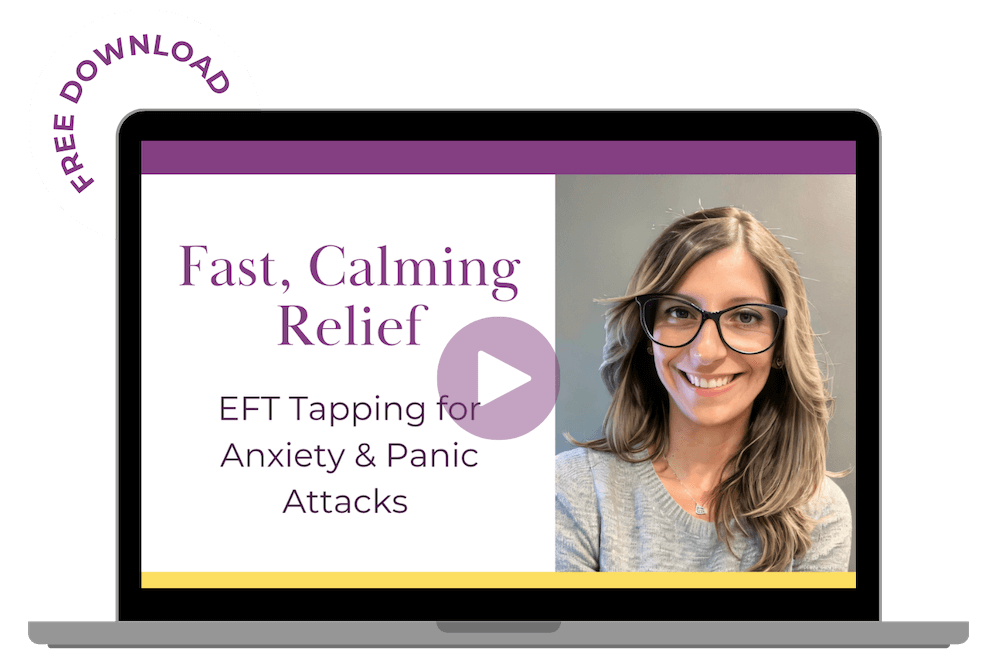Introduction: Dealing with anxiety can be challenging, but finding relief doesn’t always require a trip to the doctor’s office. There are many simple yet effective remedies that you can try at home to help manage your anxiety and promote a sense of calm and well-being. In this blog, we’ll explore a variety of home remedies for anxiety that you can incorporate into your daily routine, empowering you to find peace and tranquility in the comfort of your own space.
- Practice Deep Breathing:
- Deep breathing exercises are a powerful tool for calming the nervous system and reducing anxiety.
- Take slow, deep breaths, focusing on fully inhaling and exhaling, to help relax your body and mind.
- Engage in Regular Exercise:
- Physical activity has been shown to reduce symptoms of anxiety by releasing endorphins, the body’s natural stress relievers.
- Incorporate activities such as walking, jogging, yoga, or dancing into your daily routine to help reduce anxiety and promote relaxation.
- Create a Relaxing Environment:
- Surround yourself with calming sights, sounds, and scents to create a soothing environment at home.
- Play soft music, light scented candles, or incorporate elements of nature such as plants or natural light to help create a sense of peace and tranquility.
- Practice Mindfulness and Meditation:
- Mindfulness techniques, such as meditation and guided imagery, can help reduce anxiety by promoting present-moment awareness and relaxation.
- Set aside time each day to practice mindfulness exercises, focusing on your breath, body sensations, or surroundings.
- Try Herbal Remedies:
- Certain herbs and supplements have been shown to have calming effects on the nervous system and may help reduce anxiety.
- Consider trying herbal remedies such as chamomile, lavender, passionflower, or valerian root in tea, tincture, or supplement form.
- Limit Caffeine and Alcohol:
- Caffeine and alcohol can exacerbate anxiety symptoms by increasing heart rate and disrupting sleep patterns.
- Limit your intake of caffeinated beverages and alcohol, especially in the hours leading up to bedtime.
- Practice Progressive Muscle Relaxation:
- Progressive muscle relaxation is a relaxation technique that involves tensing and relaxing different muscle groups to help reduce physical tension and promote relaxation.
- Take a few moments each day to practice progressive muscle relaxation, starting with your toes and working your way up to your head.
- Journal Your Thoughts and Feelings:
- Keeping a journal can help you gain insight into your anxiety triggers and patterns, as well as process and release pent-up emotions.
- Take time each day to write down your thoughts, feelings, and experiences related to anxiety, allowing yourself to express and explore your emotions.
- Connect with Loved Ones:
- Social support is essential for managing anxiety, so don’t hesitate to reach out to friends, family members, or loved ones for support and encouragement.
- Schedule regular check-ins or virtual hangouts to stay connected with those who care about you and understand what you’re going through.
- Establish a Relaxing Bedtime Routine:
- A relaxing bedtime routine can help promote restful sleep and reduce anxiety before bedtime.
- Incorporate activities such as reading, taking a warm bath, or practicing relaxation techniques into your bedtime routine to help signal to your body that it’s time to wind down.
Conclusion: Managing anxiety at home doesn’t have to be complicated or expensive. By incorporating these simple yet effective remedies into your daily routine, you can help reduce anxiety and promote a sense of peace and well-being in the comfort of your own space. Remember that finding what works best for you may require some trial and error, so be patient and open-minded as you explore different remedies. With time and practice, you can find relief from anxiety and reclaim a sense of calm and balance in your life.







